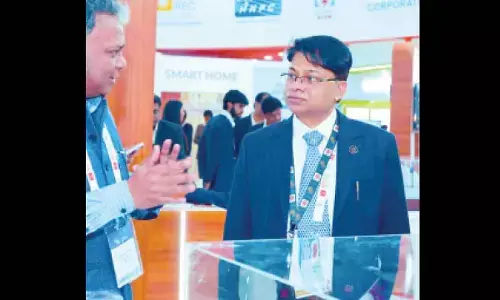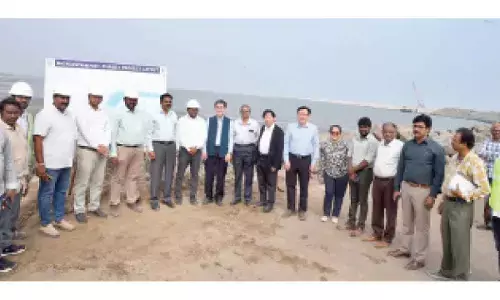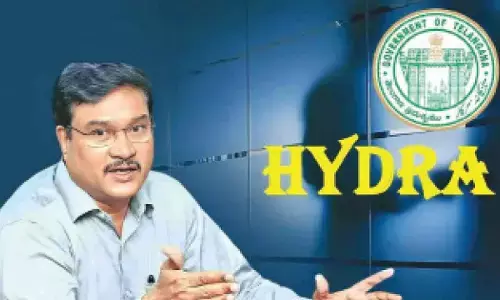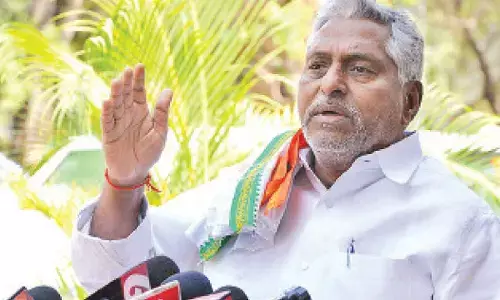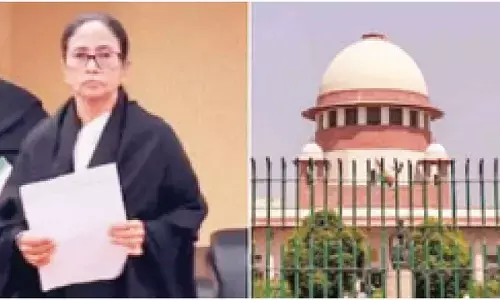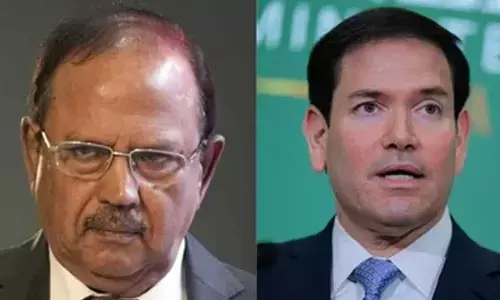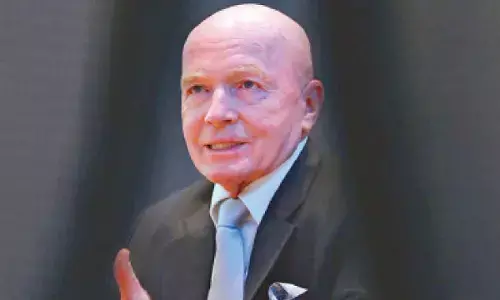Jeevtronics' defibrillator helping patients who suffer cardiac arrest
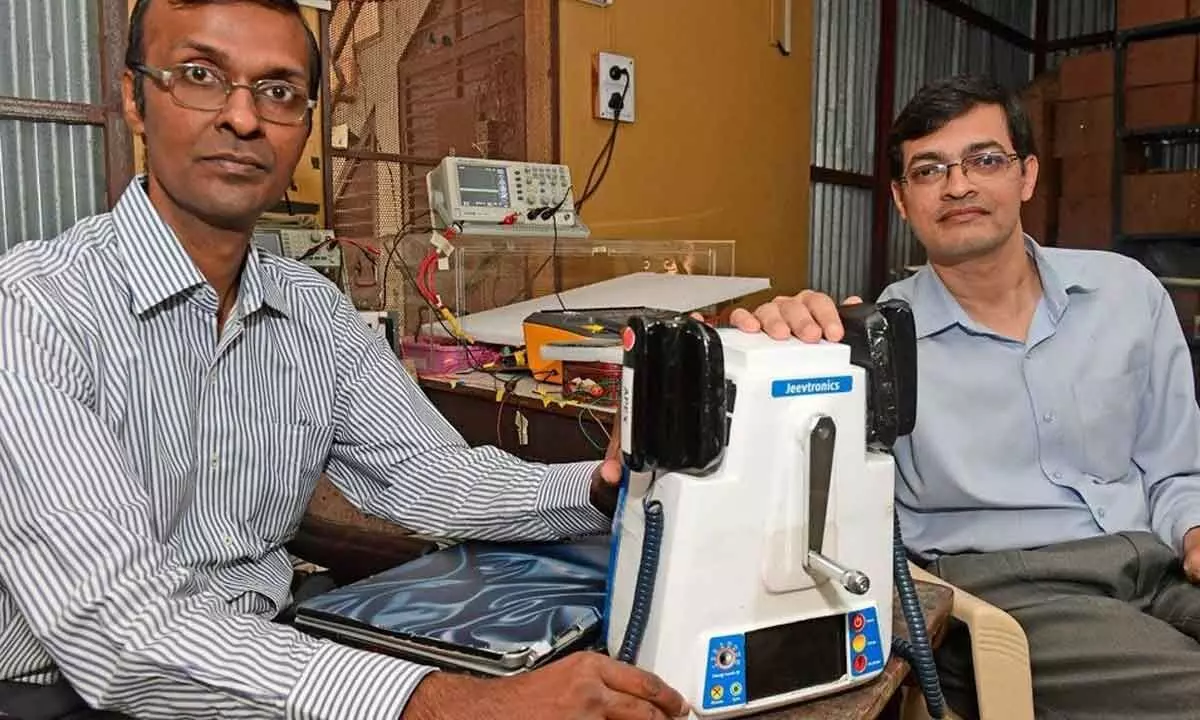
Having figured out that traditional defibrillators which work only on batteries are unreliable and 20-30% of failure to shock given occurs due to battery failure, we have improved the technology to work with AC mains directly.
Having figured out that traditional defibrillators which work only on batteries are unreliable and 20-30% of failure to shock given occurs due to battery failure, we have improved the technology to work with AC mains directly. You plug it into the wall plug and it will work directly – Ashish Gawade, Co-founder Jeevtronics
Importance of defibrillators can't be understated in times of person suffering a cardiac arrest. It is a device you use to give a shock to a cardiac arrest patient when a cardiac arrest occurs. It may not exactly be a heart attack, but it could be a deadly variant of it where the person has only 10 minutes to survive and under these circumstances, it is important to do the CPR chest compressions quickly and then deliver a shock and repeat.
Jeevtronics is a social plus technology venture startup which found that availability of defibrillators in a portable form could help patients who suffer a cardiac arrest "We have developed the world's first dual powered bi-phasic defibrillator SanMitra 1000 HCT. This works directly on AC mains as well on built-in hand cranked generator. It can fire 16,000 shocks which is much more than most brands," shared Ashish Gawade, Co-founder, Jeevtronics
Having figured out that traditional defibrillators which work only on batteries are unreliable and 20 to 30 per cent of failure to shock given occurs due to battery failure "We have improved the technology to work with AC mains directly. You plug it into the wall plug and it will work directly" shared Ashish and because it does not require any batteries hospitals saves on the cost of batteries. Ten batteries every ten years is a lot of savings. On a total cost of ownership the rate is the lowest of ownership in the whole world.
Also electricity can be a problem in villages or towns and there may be power cuts in metro cities so we have taken this into consideration and "whenever there is power cut you can rotate it with your hands and the generator will power to give a shock to the patient and save a life quickly. This is the most unique power of the defibrillator" said Ashish.
However funding a venture of this sort is always a problem in India said the Co-founder "Initially we got a grant from BIRAC - BIG, IIPME, Indo-US Science and Technology fund, PATH and Social Alpha, Department of Science and Technology. We got the BIG grant through IKP Hyderabad they have been instrumental in helping us with various things and they have been of great help to us and we really acknowledge and appreciate their support," added Ashish.
He added "If you look at the funding landscape, venture capital funds, most of them don't know how to value medical device or any kind of technology companies as such. If you try to value the companies using traditional methods, then the valuation will be ridiculously low" and then he went on to say "The ecosystem is developing quite rapidly, but not there yet. That is where we are at on this one."
Speaking of distribution and sales, Ashish said: "Distribution is always a challenge as markets are very fragmented in India, especially for medical devices. Earlier the regulations were not very defined but now even though medical device regulation is very clear in India, refurbished goods still come into the country, although they have been banned."
"It's mostly through the dealers and distributors to the channel partners and also ambulance fabrication companieswho buy from us," added Ashish.
When asked Ashish about his advice to budding entrepreneurs, he replied "What I encourage entrepreneurs, students, researchers, faculty to do is; if it is their idea and they want to create an enterprise out of it,they must look at websites for various funding schemes and mentors. They can then write to them and tell them at what stage they are in. Depending on their stage, depending on their idea, they'll put them in touch with the right person and they could basically, you know, get funds and get advice to make their dreams come true."
"Venture Center, Pune recommended us to approach IKP. Anyone can approach them if they have an idea. If it is science and technology they should definitely approach an incubator like IKP Hyderabad and Venture centre Pune," concluded Ashish.








